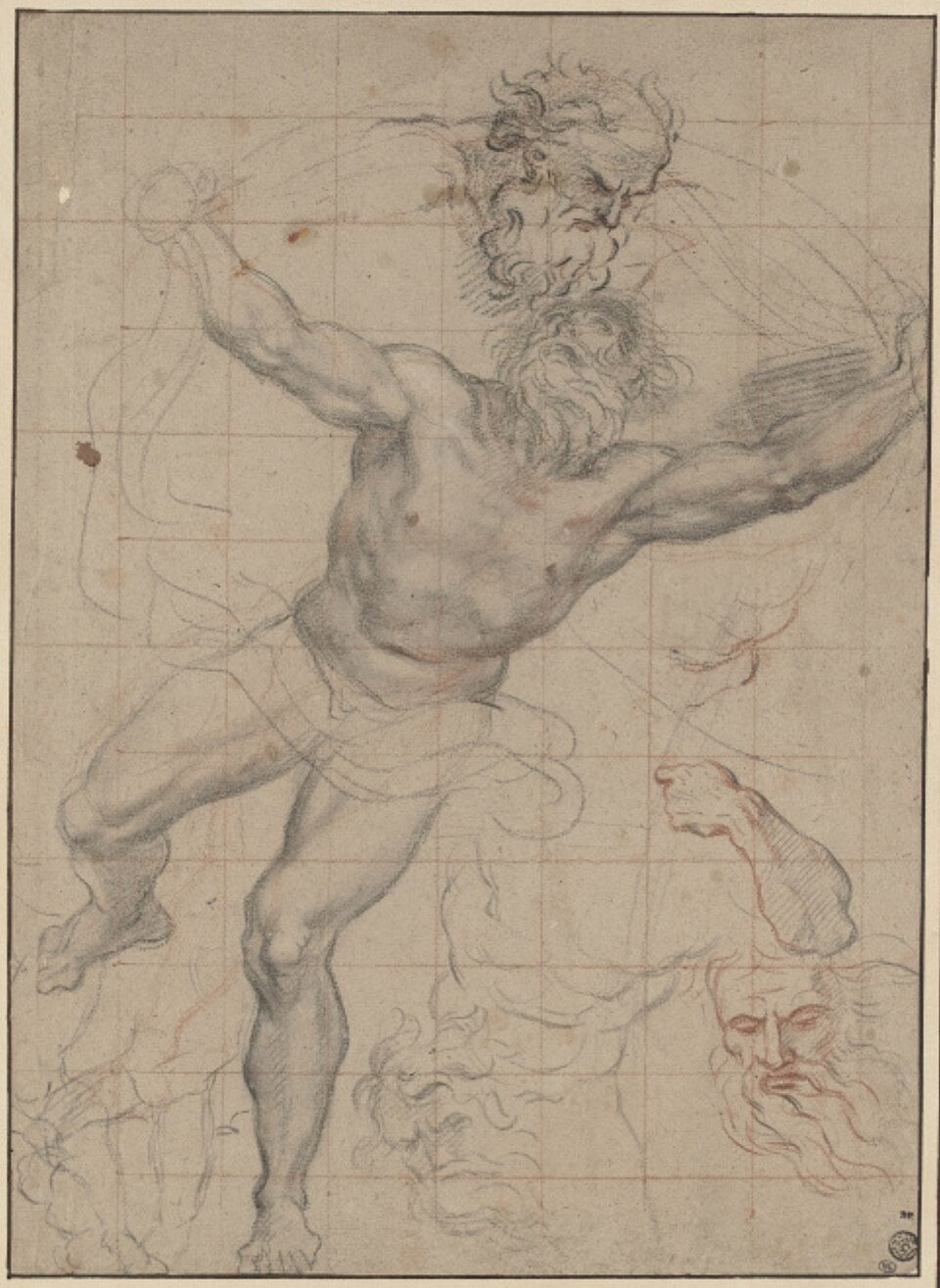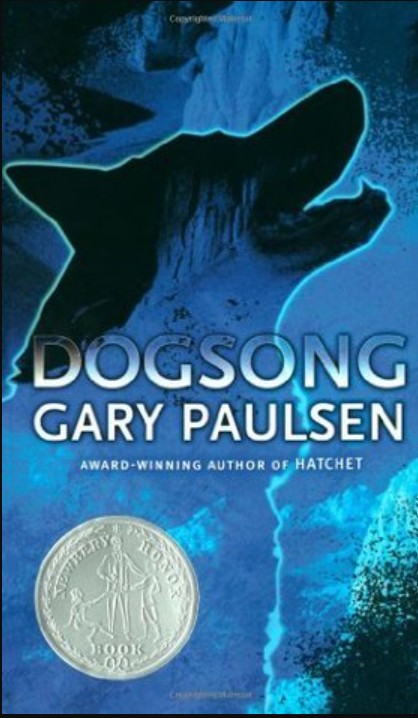I love a good story from literature history. There is nothing better than a few tales about writers being eccentric weirdos while not working on their craft. Today, I have a a story of two literary titans and their friendly, yet combative, relationship. This is a story about a couple of drinking pals and their exploits, and it gets a little weird. After all, Ernest Hemingway and F. Scott Fitzgerald were both friends and frenemies.
How they Met
During the modernist movement, The Lost Generation (a group of well-known artists) would get together with Gertrude Stein (who we discussed in a previous post) in Paris, France to kick around ideas and develop what would eventually become the modernist movement and style. Two of these characters included F. Scott Fitzgerald and Ernest Hemingway, and they became chums shortly after Fitzgerald published The Great Gatsby.
“They first met in Dingo’s Bar in Paris and formed a fast friendship over mutual love of drinking and writing. Fitzgerald was already a successful author while Hemingway was a jobbing journalist.”
culturetrip.com
Their Tumultuous Friendship
Now, as mentioned previously, Fitzgerald and Hemingway got along famously at first. They enjoyed each other’s company and Fitzgerald was a bit enamored by Hemingway. Fitzgerald respected Hemingway for a variety of reasons, including his artistic capabilities, his adventurous spirit, and his reputation as a “man’s man.” Typically, these friendly occasions would result in an inordinate amount of alcohol consumption and general rowdiness.
Both men had opposite personalities. Hemingway was a brash, egocentric man who loved tall tales and adventure. Fitzgerald, meanwhile, was the shadow of an aristocrat, who wined and dined on the finer things in life. Yet, he was more effeminate and introspective. I suppose, in some ways. opposites do attract. However, both men reveled in literature and had highs and lows in their publishing careers. Fitzgerald was already on his way to becoming a famous writer when he met Hemingway, who was still kicking out shorter works and articles.
Zelda Fitzgerald’s Relationship to Both Men
Fitzgerald’s wife, Zelda, who had an unbalanced personality, loathed Hemingway about as much as Fitzgerald liked him. Zelda believed her husband’s friend was “bogus.” Likewise, Hemingway felt little affection for Zelda because he thought she was keeping Fitzgerald away from doing his best work. According to some sources, this was true. Zelda did not want Fitzgerald to work on novels, and, instead, encouraged “him to stay out all night drinking and partying, leaving him incapable of writing the next day” (Brouwer).
Her reasoning might be due to the writing economy at the turn of the century. Short stories made good money for a writer, and this allowed Fitzgerald and Zelda to keep up with their affluent lifestyle (drinking, partying, hobnobbing, etc.), while novels were a long and arduous process that detracted from the time one could spend on writing shorter works.
She also accused both men of a sexual affair:
“Zelda’s marriage to F. Scott Fitzgerald was reportedly a toxic one, complete with alcoholism, mutual infidelity, and jealousy. Zelda accused her husband of having a gay relationship with his friend and fellow writer Ernest Hemingway, and she had nervous breakdowns throughout their marriage.”
Suzanne Raga
The End of Their Camaraderie
Both men were also dealing with their own sorts of problems due to post-war trauma and difficult marital issues, but their friendship and alcohol-fueled lifestyles complimented one another regardless of their differing interests. There’s even an odd story about Hemingway checking Fitzgerald’s … well … “member” in order to disprove Fitzgerald’s inferiority after Zelda criticized him (Delistraty).
After their friendship had spoiled in the late 1920s, Hemingway was unpleasant when it came to discussing Fitzgerald.
“Hemingway was condescending about Fitzgerald’s work and mocked his former friend as a coward, a lap dog to the rich and a henpecked husband in thrall to a manipulative woman. He likened Fitzgerald to a dying butterfly, a glass-jawed boxer and an unguided missile crashing to earth on a ‘very steep trajectory’.”
Michiko Kakutani
Some sources have pointed out that Hemingway was mad about Fitzgerald’s post-resurgence, but he had also spent some years harshly criticizing former friends and acquaintances. These included Gertrude Stein and William Falkner.
Conclusion
While sad, I love the idea of two literary greats like Ernest Hemingway and F. Scott Fitzgerald striking up a friendship and spending evenings discussing literature and experiences in low light at some watering hole in France. But, life is more complex than the fairy tales we weave—as are humans—so it should be no surprise that their friendship could not last cordially, especially due to the eccentricities of both men and their differing lifestyles.
Works Cited
“With Hemingway as Friend, Who Needed Enemies?” by Michiko Kakutani
“10 Roaring Facts About Zelda Fitzgerald” by Suzanne Raga
“Zelda Fitzgerald: The Paris Years” by Marilyn Brouwer
“Hemingway, Fitzgerald, and sexual anxiety” by Cody Delistraty





Leave a Reply